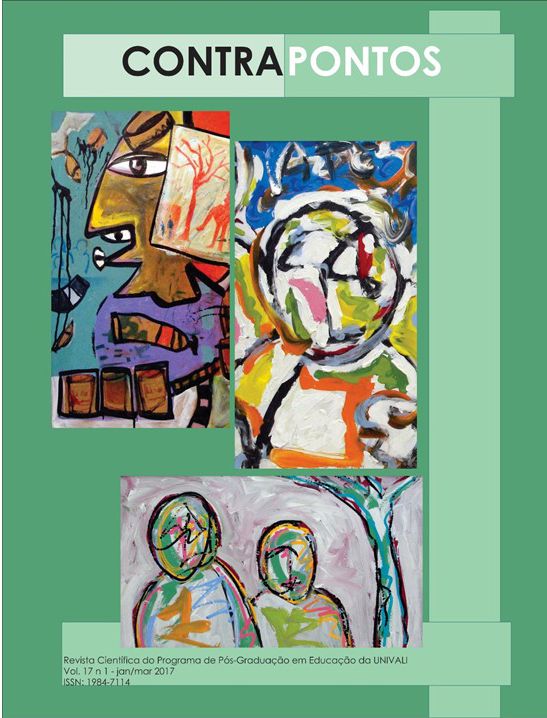EDUCATIONAL PROPOSALS IN THE EARLY TWENTIETH CENTURY: PROSPECTS FOR A CHANGING SOCIETY
DOI:
https://doi.org/10.14210/contrapontos.v17n1.p177-193Keywords:
Education in the early twentieth century, Society in Transition, Education of the Masses.Abstract
This article analyzes the educational proposals of the early twentieth century, based on the contributions of Dewey, Gramsci, Lenin and Taylor, and reflects on the influences that these theories have had in the constitution of school and contemporary education. The main methodological resource used is the analysis of the works of these authors. In the early twentieth century, the industrial society was consolidated and education came to be seen by the bourgeoisie as a space for the reproduction of society. On the other hand, educational theories were developed that inspired a new school, and an education that was linked to social issues and the integral development of man. Thus, the legacy left by the clashes of the early twentieth century, in the area of education, were very significant, especially for the advancement of mass education and its democratization, not only contributing to the development of secular, free and compulsory public schools, but also to the development of new ways of thinking about teaching and training of children and workers.
Downloads
Published
Issue
Section
License
Upon acceptance of an article, the author gives full rights of the work to Contrapontos., but retains the authorship. The published work is considered collaboration. Thus, its author will not get paid nor will s/he be charged by Contrapontos. The responsibility of the article solely goes to the authors. Citations and transcriptions are allowed by mentioning the sources.
Â

This work is licensed under a Creative Commons Attribution 4.0 International License.

